On the occasion of the centenary of the events of 1915, the parliaments of some countries adopted resolution that characterized the said events as genocide. It is a known fact that the lobbying efforts of Armenia and the Armenian diaspora played an important role in the adoption of these resolutions. For Armenians, for whom the genocide narrative has become a cultural fixation and a cornerstone of their identity, keeping the genocide narrative on the agenda has almost turned into a life-or-death struggle.
The purpose of adopting such parliamentary resolutions is to keep the genocide claims regarding the events of 1915 (which lack legal and historical basis) on the political agenda and thus bring Turkey under pressure. The aim is to batter and demoralize Turkey, and through this, force Turkey to bow down to the demands of genocide narrative and pay some form of reparation. Since the genocide claims are in essence baseless, it would be irrational for Turkey to accept such claims. Within this context, it is simply not possible for Turkey to accept the genocide claims. As a matter of fact, Turkey has firmly opposed the aforementioned parliamentary resolutions and has refused to back down from its stance. Addressing this as a bilateral relations issue, Turkey has taken a number of initiatives in the countries’ whose parliaments have adopted the resolution. As a result of these initiatives, the governments of Luxemburg, Austria, and Brazil have all made statements that have played down the resolutions adopted by their countries’ parliaments. For example, the Brazilian government has indicated that the Brazilian parliament’s resolution has not binding effect on the government and that thus there is no change in the government’s policies.
The relations between Turkey and the Roman Catholic Church located in the Vatican City have become tense after statements made by Pope Francis on 12 April 2015 that reflected Armenians’ genocide narrative. In the aftermath of this statement, the Turkish Ministry of Foreign Affairs recalled Turkey’s ambassador at the Vatican for consultations. It is known that the Roman Catholic Church dislikes having tensions in bilateral relations. In the face of the Vatican’s stance, Turkey’s initiatives have finally given result, as the Vatican has made statements on 3 February that have eased the tensions. After the holding of an introduction event for a book bearing importance in terms of both Ottoman and Venetian history (titled La Squadra Pontificia ai Dardanelli 1657 / İlk Çanakkale Zaferі 1657), the Vatican issued the following statement:[1]
“…The book, notwithstanding the painful memories of history, illustrates the importance of scholarly research and opening up archives to historical investigation in the service of truth and building bridges of cooperation and mutual understanding.
In light of this, the repeated commitment of Turkey to make its archives available to historians and researchers of interested parties in order to arrive jointly at a better understanding of historical events and the pain and suffering endured by all parties, regardless of their religious or ethnic identity, caught up in war and conflict, including the tragic events of 1915, is noted and appreciated. The painful events of history should not be forgotten; instead they require careful examination and reflection so that they may lead to the healing and purification of memory so necessary for reconciliation and forgiveness for individuals and peoples.”
This statement also commemorates Turkey’s ambassador to the Vatican Taha Carım, who was the victim of an assassination carried out by Armenian terrorists on 9 June 1977, and condemns all acts of violence and terrorism. A disturbing side note; it is a known fact that terrorists who targeted Turkish diplomats, like the ones who assassinated Taha Carım, are still being venerated both in Armenia and in the Armenian diaspora.[2]
Furthermore, the historian and author of the book Rinaldo Marmara has relayed Pope Francis’ words of affection for and appreciation of the Turkish people.
The spokesperson of the Roman Catholic Church Federico Lombardi has interpreted the Church’s messages as the demonstration of its good will towards rapprochement with Turkey.[3] Likewise, the Turkish Ministry of Foreign Affairs interpreted these messages as a positive development and has decided that Turkey’s ambassador at the Vatican to return to his post.[4]
In this way, the Roman Catholic Church has managed, in messages given in the span of a single day, to ease the tensions with Turkey that had been going on since 12 April. With its statements, the Vatican has in fact reflected the idea of just memory and the importance attributed to the historical research necessary for better understand past events, both of which are voiced by Turkey. As mentioned before, the fact that Turkey refused to step back and insistently voiced its reaction played a key role in the Vatican’s positive step. We hope that the common understanding that facilitates a more positive bilateral relations between Turkey and the Vatican will continue in the future.
© 2009-2025 Center for Eurasian Studies (AVİM) All Rights Reserved
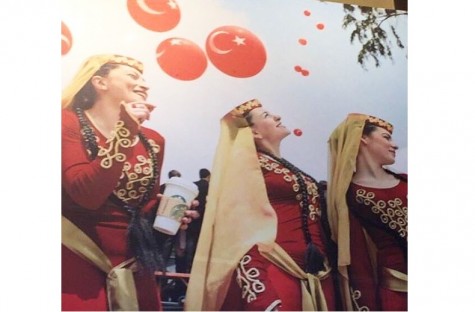 STARBUCKS SUCCUMBS TO IGNORANT ANTI-TURKISH PROPAGANDA
STARBUCKS SUCCUMBS TO IGNORANT ANTI-TURKISH PROPAGANDA
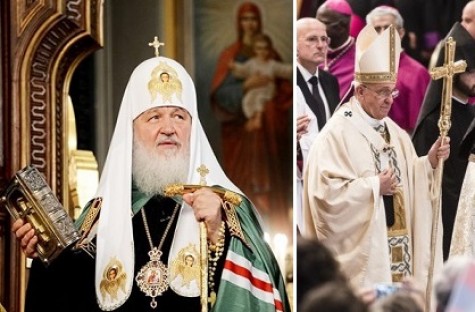 POPE FRANCIS SHOULD HEED PATRIARCH KIRILL’S REMARKS
POPE FRANCIS SHOULD HEED PATRIARCH KIRILL’S REMARKS
 THE ART OF DODGING THE QUESTION
THE ART OF DODGING THE QUESTION
 WATER DIVINER: A FAIR PORTRAYAL OF WAR
WATER DIVINER: A FAIR PORTRAYAL OF WAR
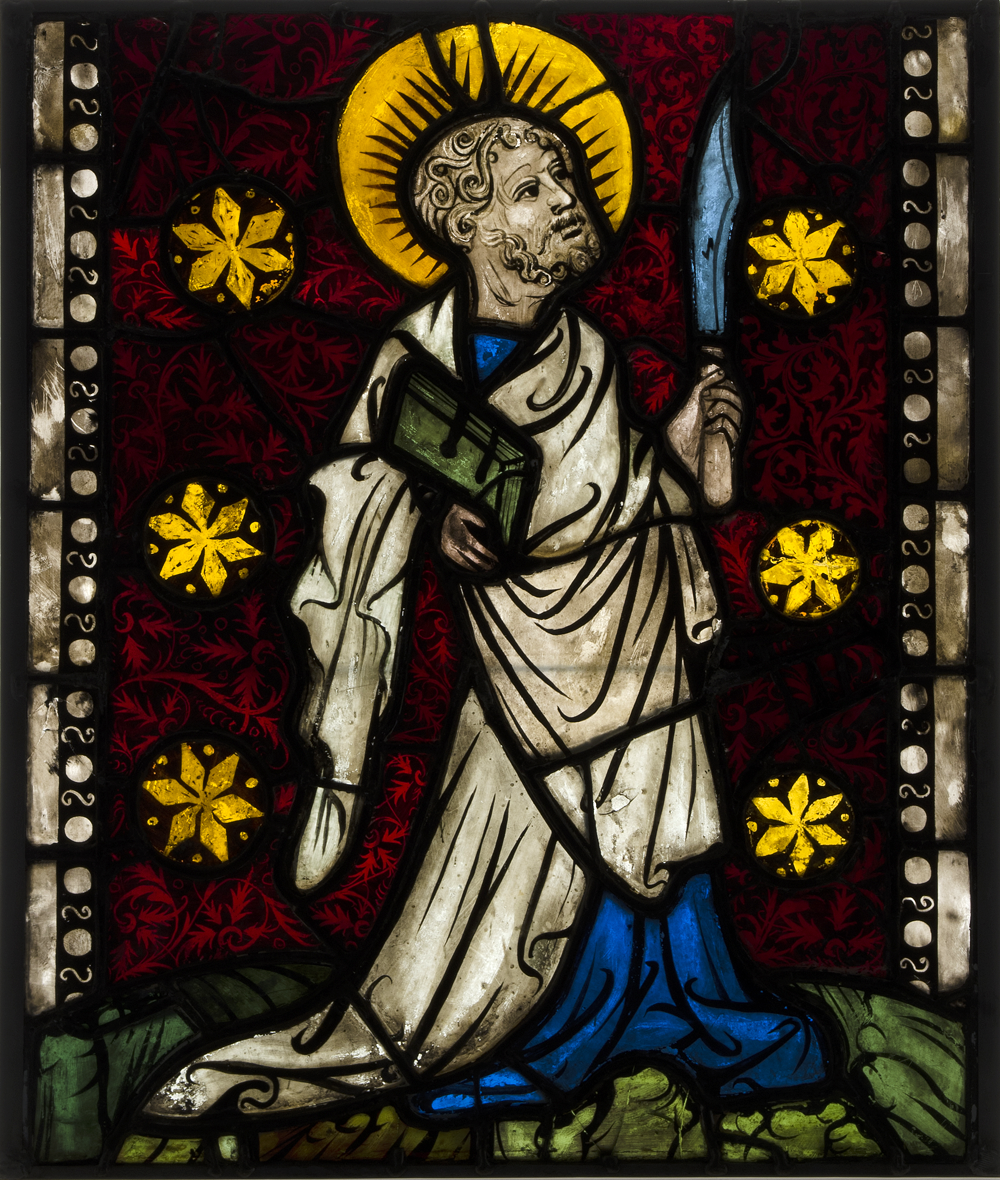 RELIGION AND DOUBLE STANDARDS
RELIGION AND DOUBLE STANDARDS
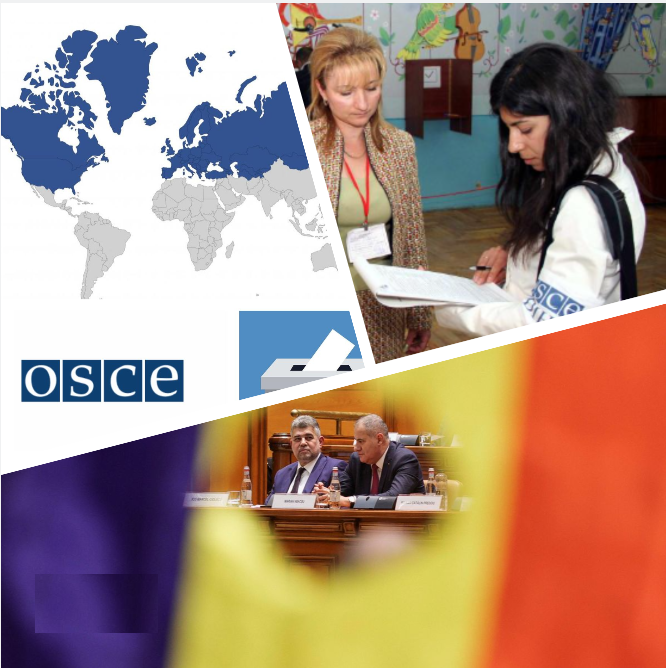 BEYOND DOUBLE STANDARDS IN THE BALKANS: REBUILDING TRUST IN OSCE ELECTION MONITORING
BEYOND DOUBLE STANDARDS IN THE BALKANS: REBUILDING TRUST IN OSCE ELECTION MONITORING
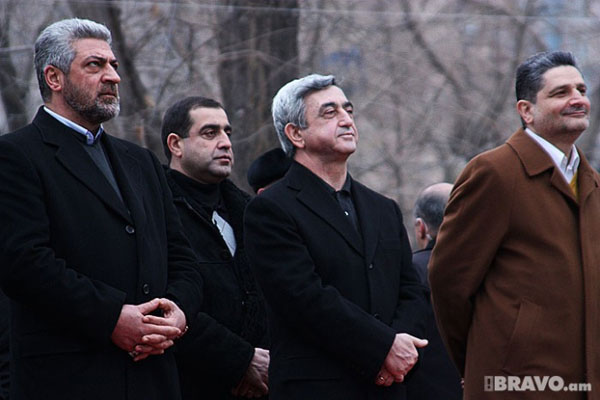 SHATTERING OF A MYTH: DILEMMA OF ARMENIAN NARRATIVE
SHATTERING OF A MYTH: DILEMMA OF ARMENIAN NARRATIVE
 WATER DIVINER: A FAIR PORTRAYAL OF WAR
WATER DIVINER: A FAIR PORTRAYAL OF WAR




























